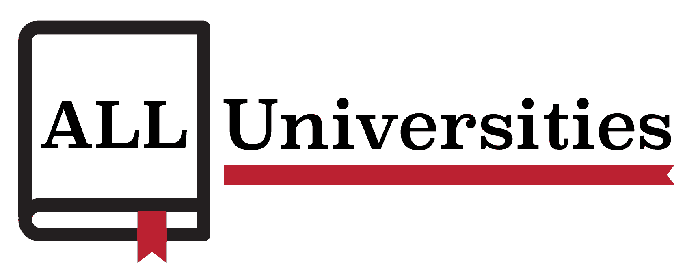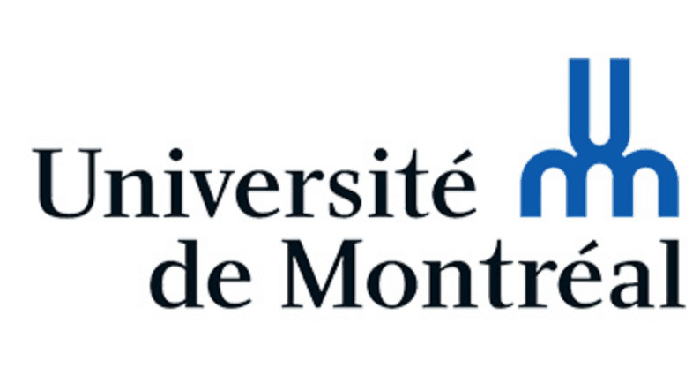Table of Contents
History
Originally founded in the 19th century, what we now know as the University of Montreal was originally just another branch of Universite Laval, but many people wished for it to became independent, amongst them Montreal’s Prelate, through a long process The Vatican ultimately granted partial autonomy to the institution in the year 1889, which became full autonomy during the year 1919, at which point the former branch adopted it’s name of the University of Montreal.
Programs Offered
Across 17 different fields of study the University of Montreal offers a wide variety of undergraduate programs tailored to fit the needs of as many students as possible, the following are those fields of study:
- Administration And Management Sciences
- Arts And Music
- Communication
- Economics And Politics
- Environment And Sustainable Development
- Environmental Planning And Design
- Fundamental And Applied Sciences
- Health Sciences
- Humanities
- Information And Communications Technologies
- Law
- Life Sciences
- Literature And Languages
- Social Sciences
- Social Sciences And Social Action
- Teaching And Education Sciences
- Theology And Religious Sciences
Admission requirements
Admissions to the University of Montreal are largely based on high-school level results, however as all undergraduate programs in The University of Montreal are taught in French, all prospective student must be be able to prove their proficiency in the language, be it through their high-school studies being in French, or through a French Language Test that is approved by the university.
Student Life
The University of Montreal seeks to integrate all of their students to both the university community and Quebec society. At the beginning of every semester the university organizes an entire week of activities which are designed to both welcome it’s new students and facilitate the integration of it’s international students.
Part-time work
The University of Montreal counts with multiple options for students to pursue part-time work and support themselves both on campus and outside the university’s premises.
On one hand The Ministry of Education and Higher Education’s Work-Study Programs help certain student experiencing financial difficulties obtain part-time employment on campus, which is a Canada wide program, meaning it’s widely available for students, however for a student who can’t apply to it, several employment positions on campus are offered to students directly by The University of Montreal, through their Support Center for Student Success, this includes jobs such such as teaching assistantships, research assistantships or lecturing positions.
International Students can also find further information and guidance through the International Student Office.
Fees
- Quebec Students: $1,195 per session $425 per thesis session
- Non-Quebec Canadian Students: $3,701 per session $425 per thesis session
- International Students: $8,186 per session $425 per thesis session
Ranking
The University of Montreal is currently the 160th best university in the world ranking, making it the 9th best university in it’s home country of France.
University Contact
Address: 2900, boul. Édouard-Montpetit, Montréal (Québec) H3T 1J4, Canada
Phone: (514) 343-6111
Email: [email protected]
Summary
With a wide variety of programs and state of the art faculties the University of Montreal proves to be a good option for any student in the region, the need to learn French might prove an issue to some however, and the complete lack of undergraduate programs in English might represent a hurdle, but those disheartened by it should keep in mind The University of Montreal also offers French courses exactly for this reason.

